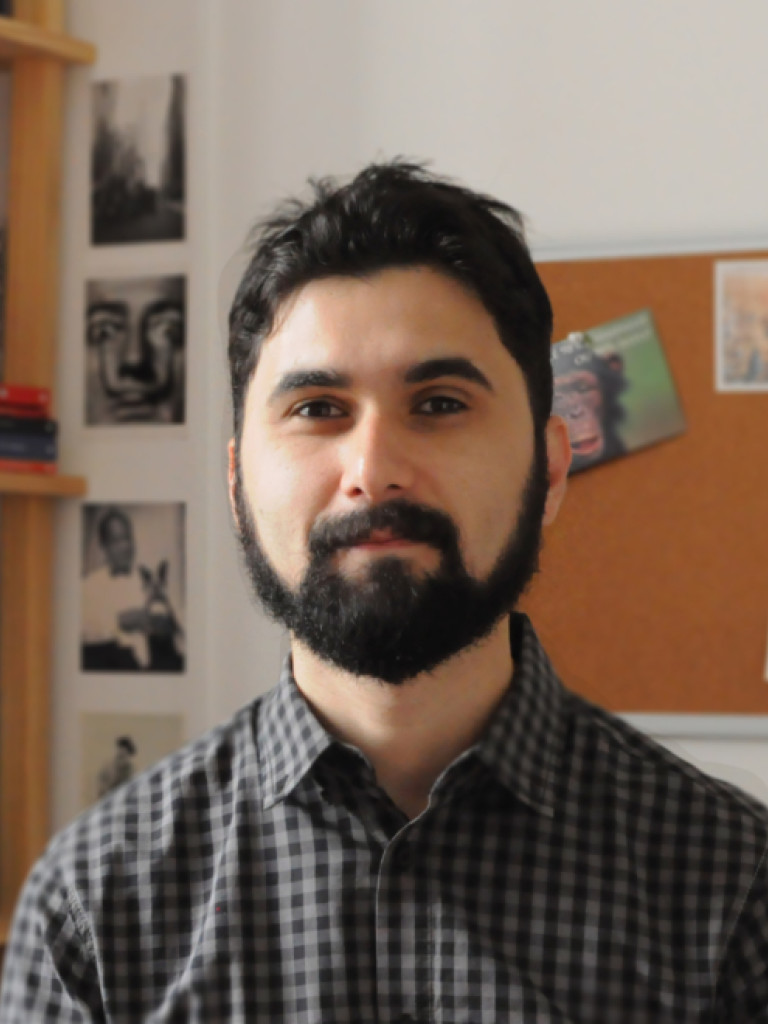
Rodrigo de Oliveira Andrade
- 2018
- Press Fellow
Rodrigo de Oliveira Andrade is a science journalist based in São Paulo, Brazil. He has been a Latin American correspondent for SciDev.Net, a London-based portal on science and technology for the developing world, since 2012. He also works as a science reporter at Pesquisa, a leading science magazine in Brazil. The heart of his stories usually focuses on how the countries in this region deal with critical subjects involving environmental policy, tropical diseases, genetically modified organisms and global warming issues. In December 2014, he covered the United Nations climate change summits in Lima, Peru. He holds a Bachelor’s degree in Journalism and a Master’s degree in History of Science. 1. Why did you choose to become a science journalist? I was initially keen on writing about politics, even though I have been quite interested in science issues since the high school. In mid-2008, shortly after I kicked off in the journalism college, I attended a discipline on science communication. I decided to seize the opportunity to deepen myself in this matter. Few months later, I got an internship in a government research institute focused on public health in Sao Paulo. By working there I was able to align my interests on politics and science. I used to write on the researches carried out there and how the results could be used further to draft polices in order to improve public health services. I was 23 years old. The stories I wrote back that time made me aware of my truly vocation. 2. What role do science and science communication play in your country? Despite having great universities and high-qualified scientists that produces cutting-edge researches, science is highly underrated in Brazil — not by the public, but rather by government. I say this based on the political events I have been covered since the parliamentary coup carried out in mid-2016. Since then, Brazilian science budget has drastically been cut. The federal funding for science and technology is currently at its lowest level in decades. Some argue this crisis might threat nation’s next generation of scientists. So I would say science is still fighting to conquer its place in the governmental agenda, and science communication is helping to make it possible. 3. What are the main challenges of science journalism in your country? I think the increased dissemination of fake news poses a great challenge to the journalism as a whole. In Brazil, we have seen a worrisome rise of anti-vaccine movements, which uses social media to spread false information on a supposed link between the viral triple vaccine (MMR vaccine) and the development of autism, for instance. I think situations like this make up a good opportunity to science journalists to bring science evidence closer to the popular knowledge. 4. Where do you see the big societal transformations in the future? What scientific research/discovery will change our world? A big societal transformation is taking shape with the dissemination of the Industry 4.0, and I think this trend will contribute to establishing new business models, with smart factories based on the automation and digitalization of production processes. This should foster researches on a wide range of technologies, such as cyber-physical systems, big data analysis, and Internet of Things. At the same time, the incorporation of this concept might result in gradually replacing manual and repetitive labour with automated labour, generating new demands for research and development and also for professionals with specific technical and interpersonal skills. 5. What book, movie or song has radically changed your perspective? And why? I would say “The Unwomanly Face of War” and “Chernobyl Prayer”, both by the Belarusian writer Svetlana Alexievich. The first one is based on the oral history of the Russian women who fought in the Second World War. The other one is a collection of interviews with people who have survived the Chernobyl disaster, in 1986. I fond of these books not only because Svetlana’s approach makes the reported experiences vivid, but mainly because she manage to give voice to the voiceless, through a mixture of memory and testimony. These books allowed me to get in touch with a more comprehensive dimension of those historical events from the ordinary people’s perspectives.